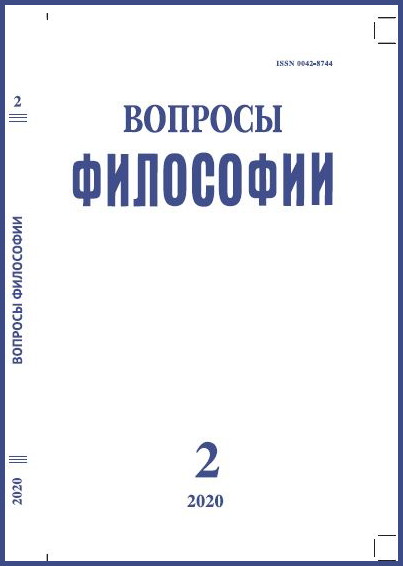The story of Xuanzong and Yang Guifei in the 12th century Japanese collection “Chinese Stories” (Kara monogatari)
DOI:
https://doi.org/10.21146/0042-8744-2020-2-133-144Keywords:
Japanese literature, Heian period, setsuwa, Taoism, Buddhism, Kara monogatari, Bo Juiyi, Yang Guifei.Abstract
The Kara monogatari is a collection of 27 stories of various size. All stories are devoted to China. The plots are matched in a number of Chinese sources, including historical works, Tang and Sung novels, and the poems by Bo Juiyi. The time of the creation of Kara Monogatari has long been the subject of discussion, the issue has not been finally resolved even now. According to the version that is considered to be the most convincing today, the author of the work is Fujiwara no Shigenori, and the text dates back to the end of the Heian period (the second half of the 12th century). Kara monogatari is written in literary Japanese and contains allusions not only to Chinese sources, but also to Japanese poetic and prose texts. The story of the tragic love of Emperor Xuanzong and Yang Guifei occupies almost a quarter of the entire text of Kara monogatari. The interpretation of the events and characters is based on Bo Juyi’s poem Song of Everlasting Sorrow. The text of the story includes eight Japanese wakapoems, which serve as a means of adaptation of the plot to the canons of Japanese literature. Despite the fact that Kara Monogatari is generally secular, the conclusion of the text is Buddhist, and does not have similarities in any of Chinese sources. It appears due to the fact that Buddhism had greater influence in Japan than in China.

